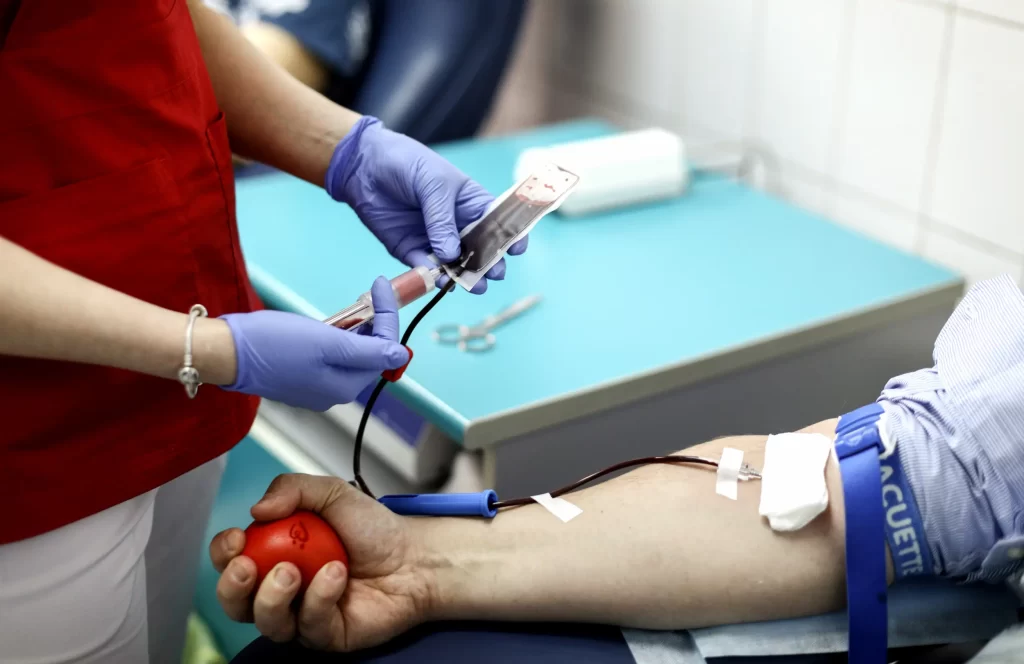BOSTON, January 27, 2023— The Fenway Institute today commends the U.S. Food and Drug Administration (FDA) for issuing a new draft policy that would end the practice of requiring gay and bisexual men to abstain from sex for three months before donating blood. The new policy will use gender-inclusive, individual risk-based questions to reduce the risk of transfusion-transmitted HIV. It will also bring the United States’ blood donation policy in line with those of Canada, the United Kingdom, Israel, France, Argentina, and Brazil.
“The Fenway Institute commends the FDA’s latest move instituting an individual risk-based policy for prospective blood donors,” said Sean Cahill, Director of Health Policy Research at the Fenway Institute. “Most gay and bisexual men don’t have HIV, Hepatitis, or other blood-borne pathogens. Many thousands of gay and bisexual men are at low risk of HIV infection. Allowing more gay and bisexual men to donate blood will help reduce our country’s severe blood shortage. It will also reduce stigma against gay and bisexual men and other men who have sex with men, while continuing to guarantee the safety of the nation’s blood supply.”
Under the new proposed policy, all prospective blood donors, regardless of their gender or sexual orientation, would be asked about new or multiple sexual partners in the past three months. Prospective donors who report having a new sexual partner, or more than one sexual partner in the past three months, would then be asked about a history of anal sex in the past three months. All prospective donors who report having a new sexual partner or more than one sexual partner and had anal sex in the past three months would be deferred from donating blood.
The Fenway Institute has submitted public comments to the FDA over the past decade calling for the blood donation policy to focus on individual risk behaviors rather sexual identity. Prior to 2015, all gay and bisexual men were prohibited from donating blood. In 2015, the FDA changed its blood donation policy to permit gay and bisexual men to donate blood provided they had not engaged in sexual activities for one year prior to donating. In 2020 the sexual abstinence requirement was shortened to three months. Fenway Institute researchers have also contributed to public debate on blood donation policy via journal articles, including a 2017 article in the Israel Journal of Health Policy Research titled “An end to lifetime blood donation ban in Israel for MSM would be a major step toward a science-based policy that reduces stigma,” and a 2021 article in the New England Journal of Medicine titled “Blood Donation by Gay and Bisexual Men — The Need for a Policy Update.”
The Fenway Institute will submit a comment to the Federal Register in support of the new policy and encourages other stakeholders to do the same.


